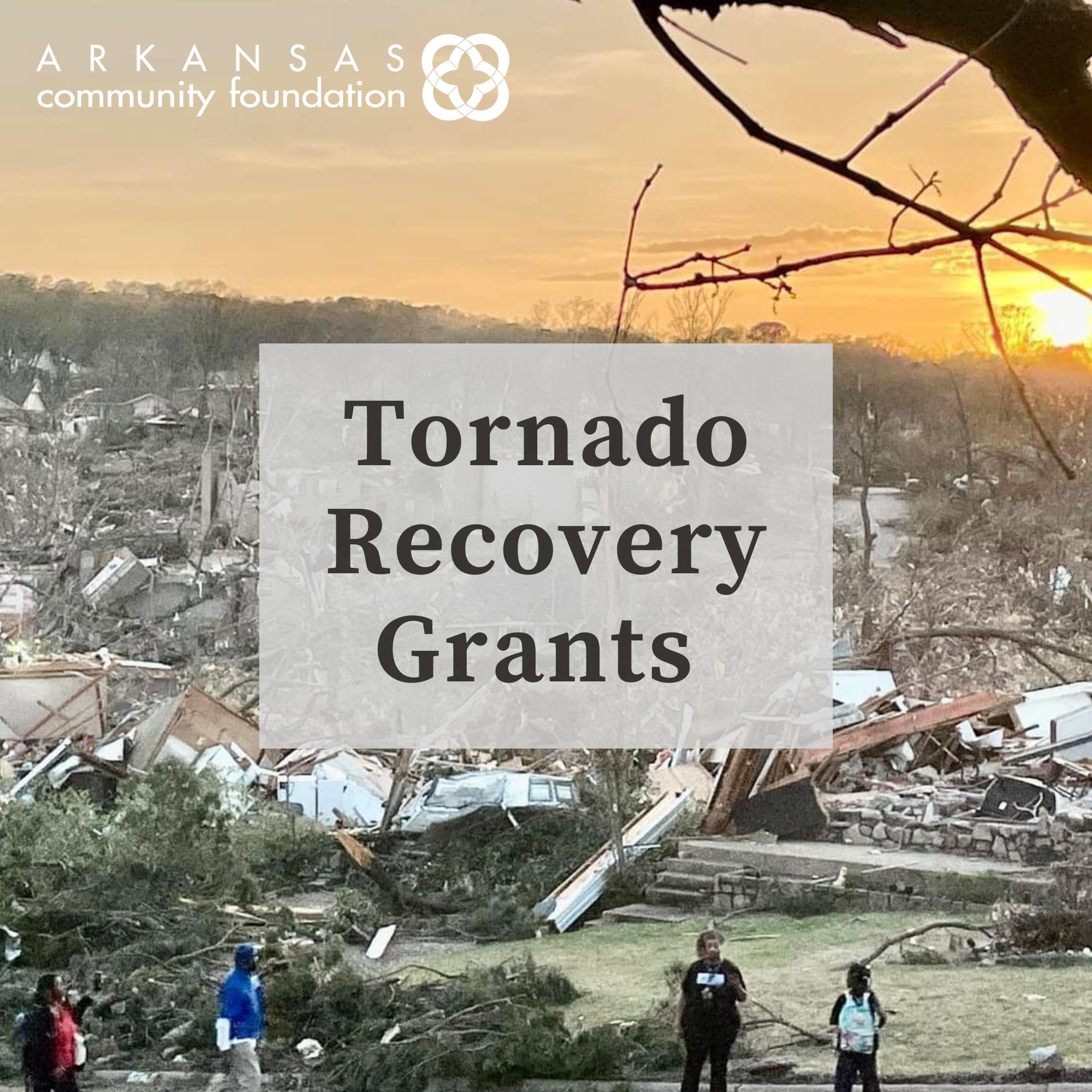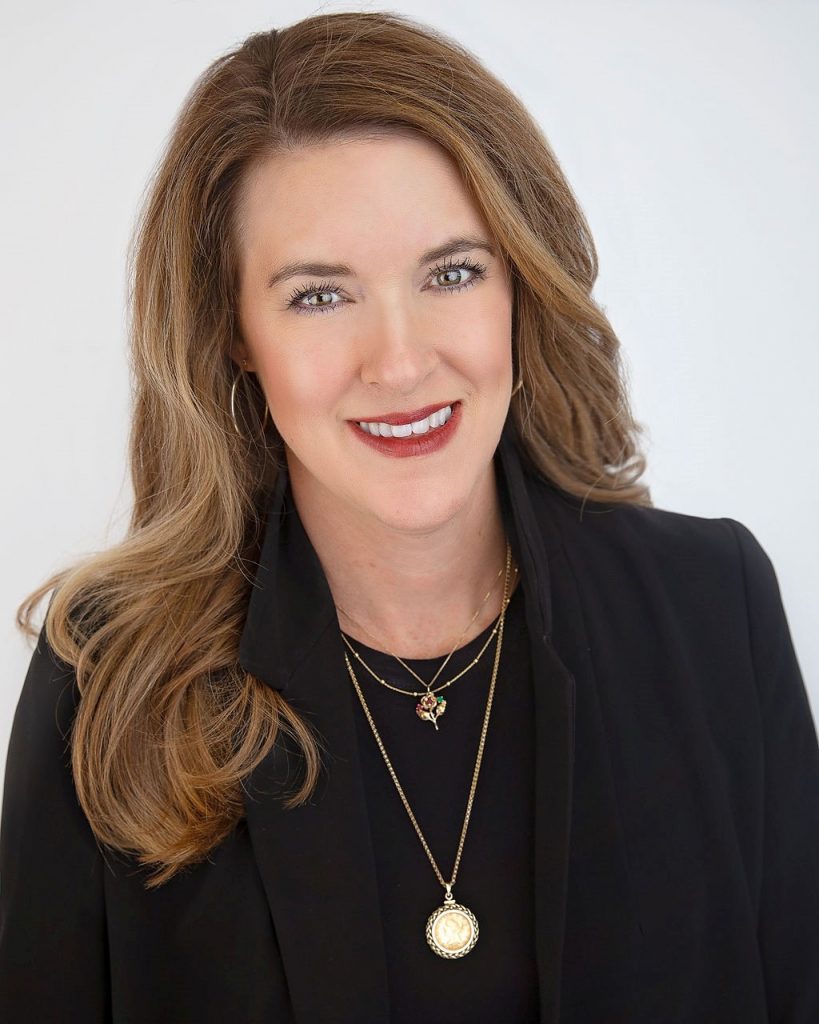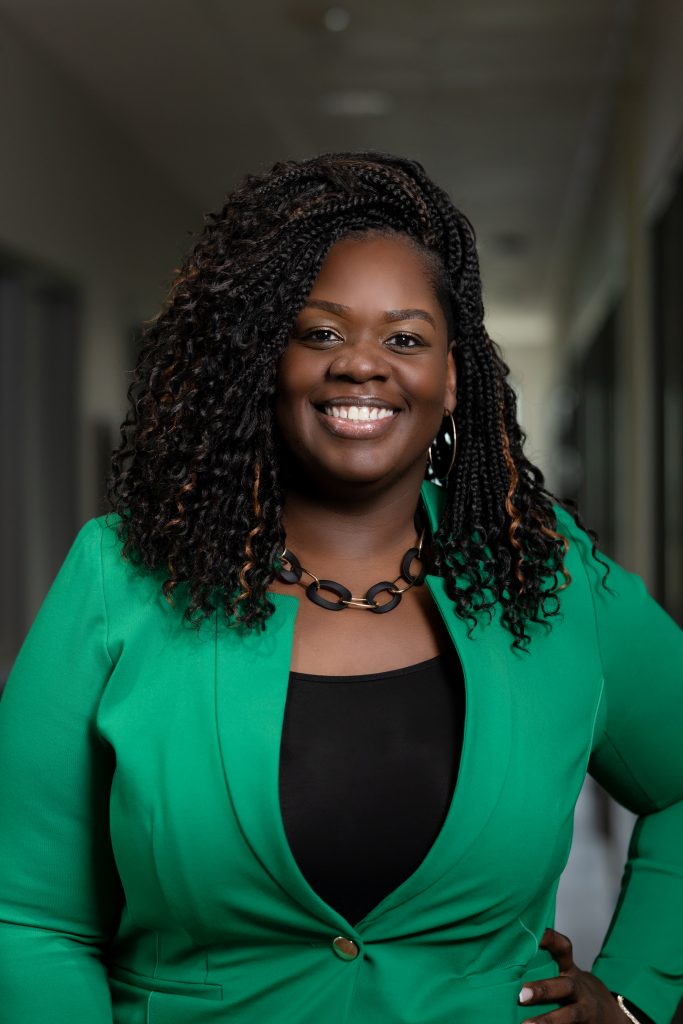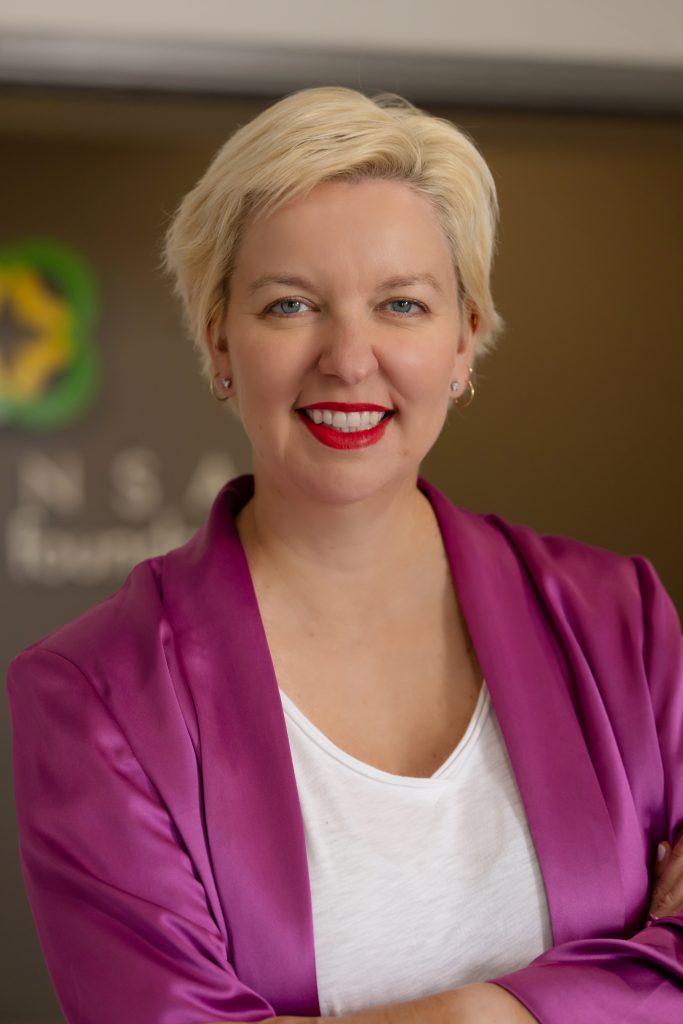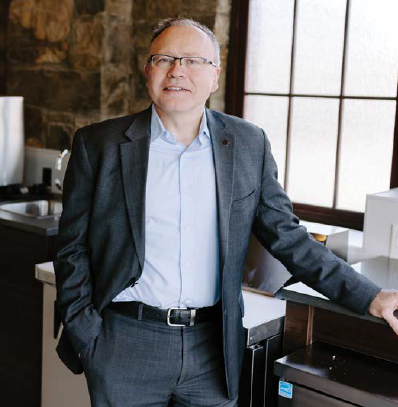Creating Incentives for families to apply for free and reduced lunches
Arkansas Community Foundation recently made a grant to the Arkansas Hunger Relief Alliance in response to a lower number of Free/Reduced School Meal forms being turned in across the state. Just because a family has qualified for free or reduced lunches doesn’t automatically mean their child is enrolled in the program. A parent must complete a form with their child’s school to complete the enrollment process.
When a school has a lower number of applicants, it has a profound effect on school budgets – and schools must make up for not being reimbursed when the forms aren’t turned in by families that are eligible.
When families don’t complete the forms, they don’t get in the program, and often these families simply cannot afford to pay. This can result in schools having to call and essentially hassle parents to pay, which can be difficult for the school, parents and kids.
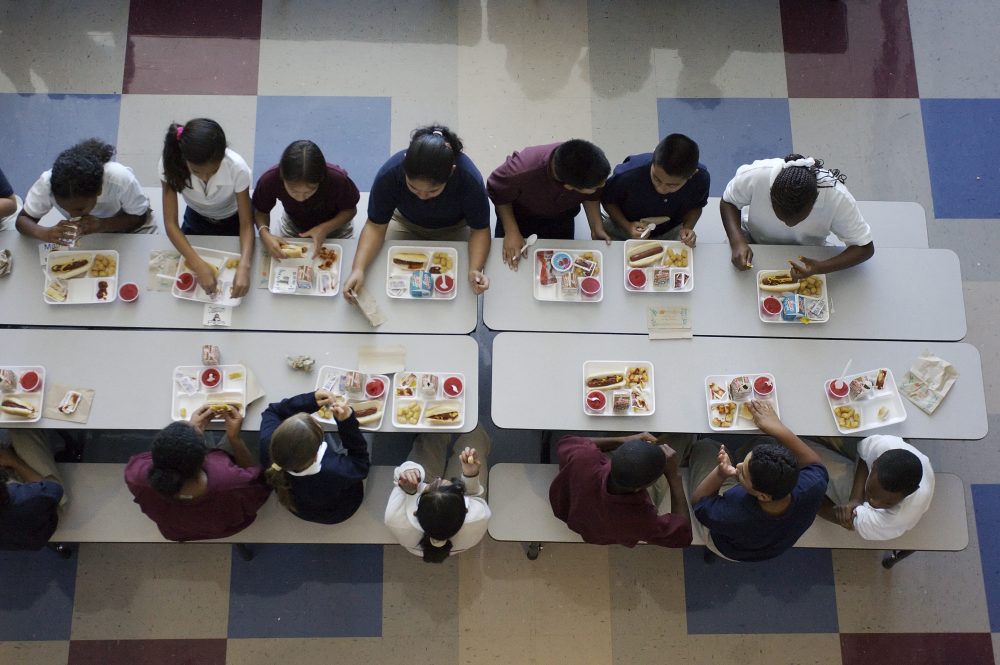
The grant from the Community Foundation was for the Hunger Relief Alliance to provide incentives to apply. They did this through $100 gift cards as a part of a drawing. For every student that returned a form, they were entered in a drawing to win.
In Sebastian County at the Lavaca School District, the campaign was remarkably successful.
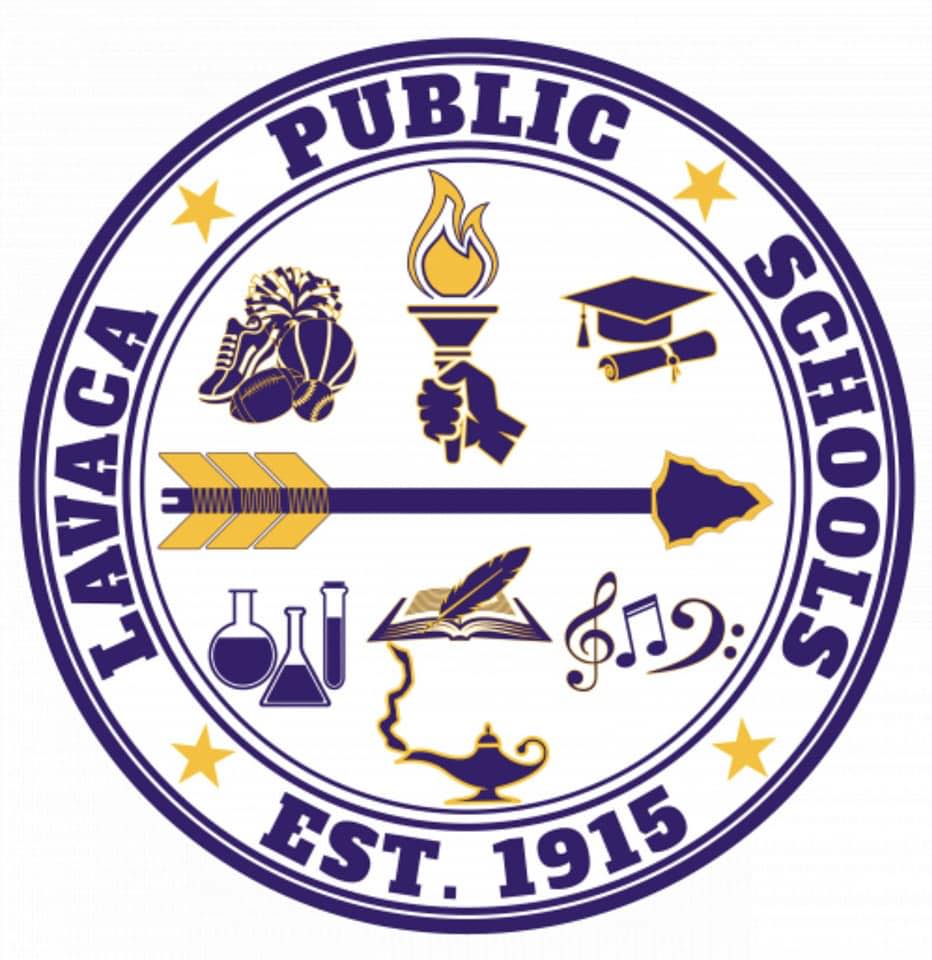
“The $100 gift cards, along with other promotions like athletic season passes, local gift cards and some school merchandise, helped increase the number of applications submitted,” said Susan Mendez, Child Nutrition Director of Lavaca Public Schools. “The incentive effectively encouraged parents to complete the applications promptly, resulting in a quicker turnaround time for processing the free/reduced meal applications.”
The impact of the campaign was two-fold. First, there was a significant increase in the number of meal applications submitted overall. More students are now eligible for free or reduced-cost meals at the school, ensuring that more kids receive the nutritional support they need.
Second, the campaign fostered a shift to more online meal applications. The allure of the gift card prompted parents to explore the digital application process, resulting in a surge in online submissions. This transition not only streamlined the application process but also demonstrated the success of adapting to modern communication methods. By embracing online applications, it was more convenient for parents to participate, ultimately leading to an increase in overall participation rates.
The gift cards proved to be a powerful catalyst for promoting increased meal applications in the district.
“This grant made it possible to not only meet the nutritional needs of more students,” said Mendez, “But it helped foster a stronger connection between the schools and the families we serve.”






